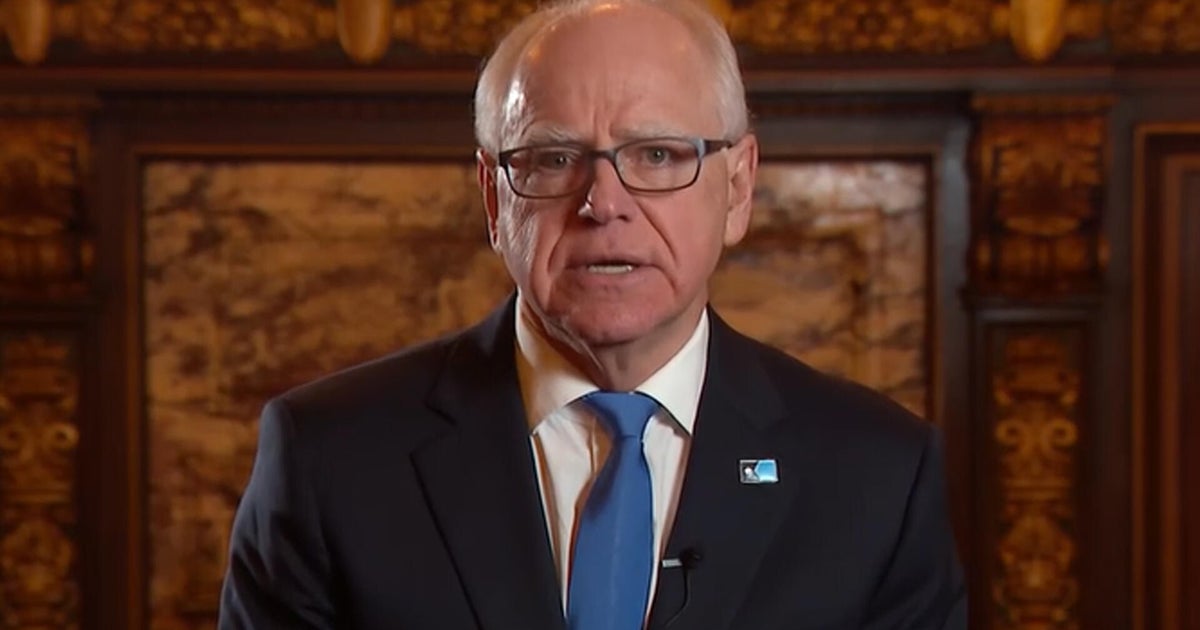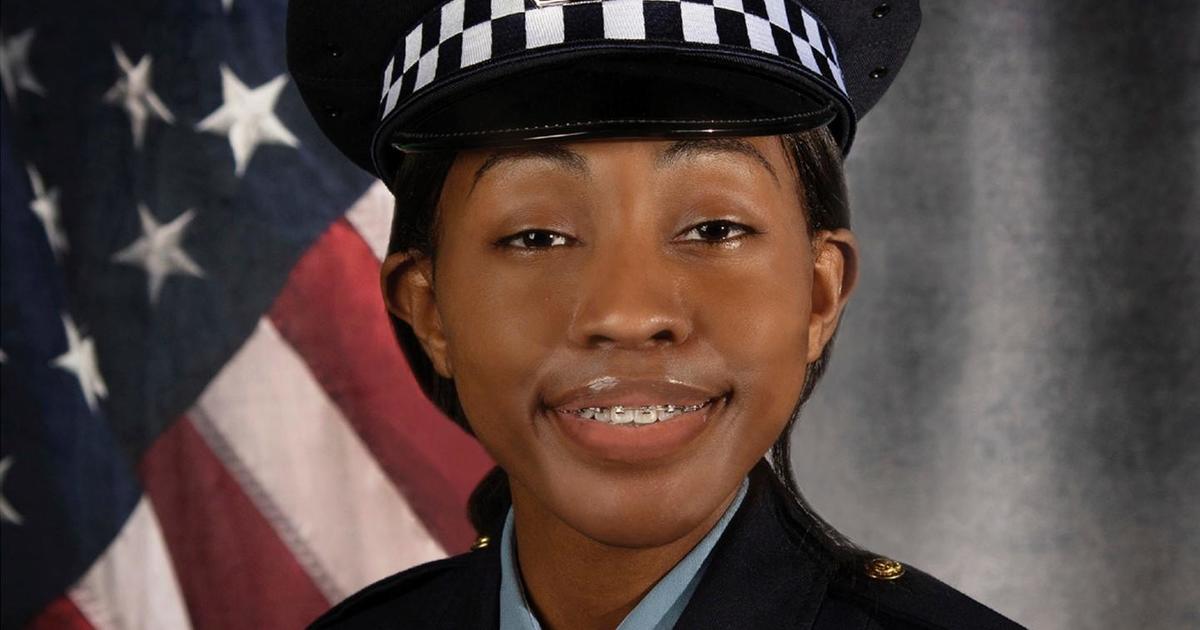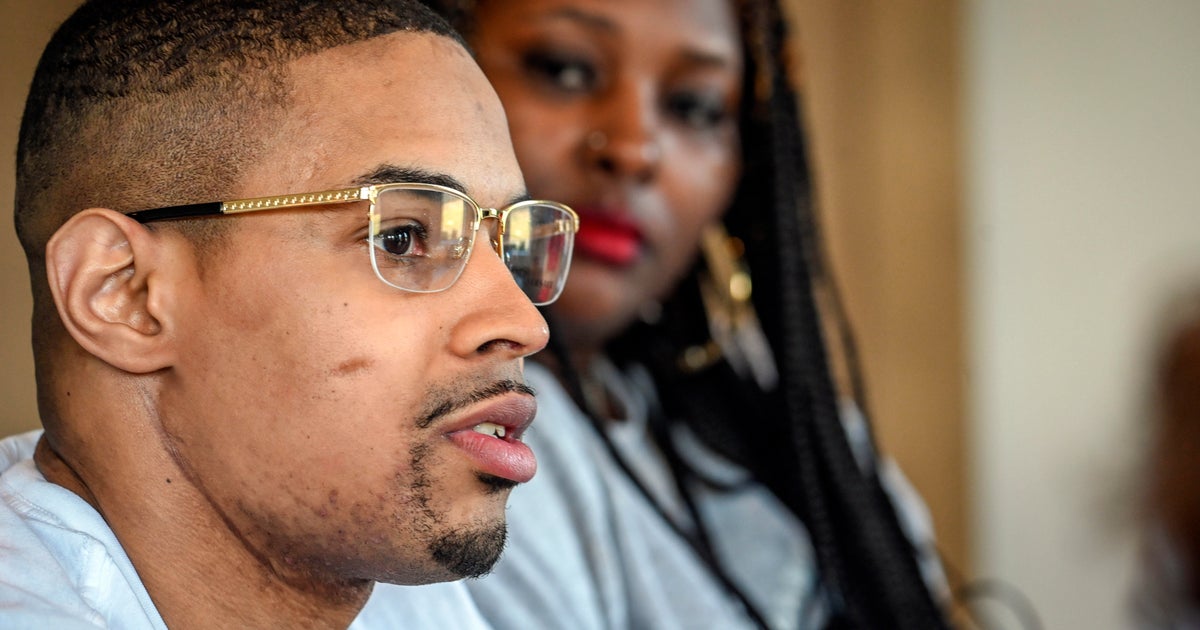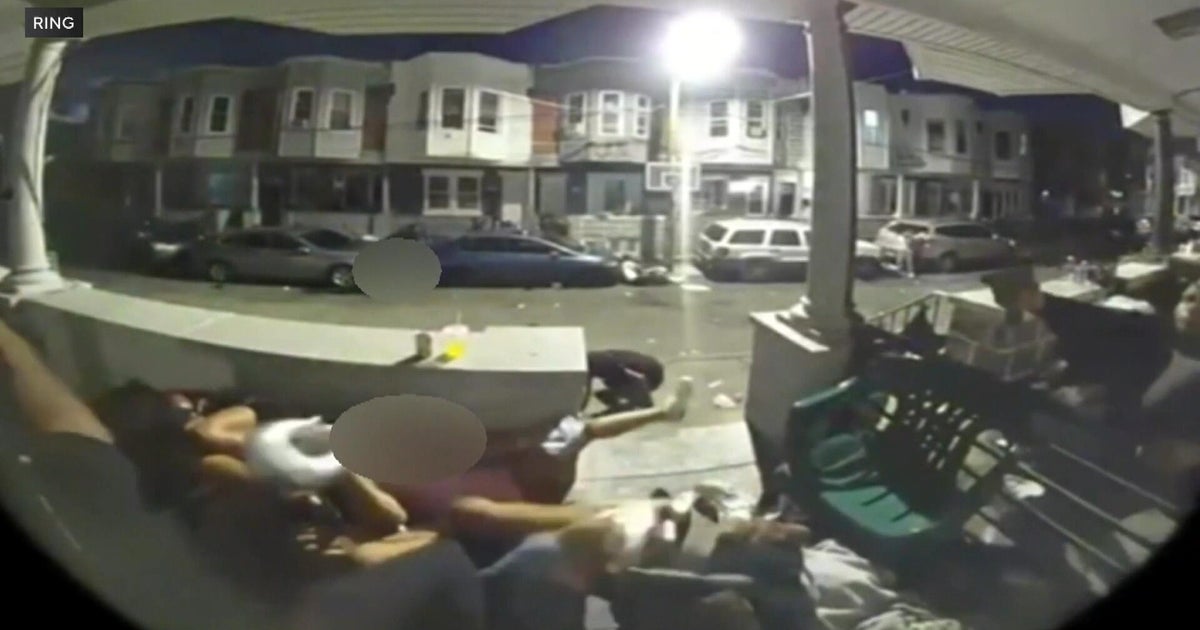Minnesota Supreme Court hears debate on expanding camera access for criminal trials
ST. PAUL, Minn. -- The world watched Derek Chauvin's murder trial play out on TV, but that's not a typical day in a Minnesota courtroom. Now the Minnesota Supreme Court will decide if there should be more access to cameras capturing criminal trials in the state.
On Tuesday, the court held a public hearing at its chambers at the capitol to hear feedback on potential rule changes. Current procedure allows cameras if all parties at trial agree to let it happen, which is rare. Cameras are allowed at sentencing hearings unless a judge finds good cause to prohibit coverage—a practice that stemmed from a pilot program in 2015.
Judges, prosecutors and victims' rights advocates want to keep access as is, citing concerns about the integrity of the process, defendants' rights and victims' privacy. Meanwhile, media organizations, including WCCO-TV, support efforts to expand recording access, pointing to other states that allow more coverage than Minnesota.
"I realize there are competing interests here with press freedom and victim privacy, but the court should also consider damage done to the institution of the judiciary by the current lack of transparency," said Joe Spear, past president of Minnesota Society of Professional Journalists. "In the end the truth is the truth. Camera doesn't change that; it only shines light on it. "
Ramsey County District Court Judge Richard Kyle Jr. chaired an advisory committee of prosecutors, judges and defense attorneys the Supreme Court tasked with reviewing current rules following a court order last summer.
The group said in its report that it doesn't support any changes, but pitched guard rails if the justices decide to go a step further. For example, the committee suggested keeping pre-trial hearings and jury selection off-limits for cameras.
It also laid out several factors to consider when allowing cameras, including any risks of harm to individuals at trial or any potential violations to a defendant's rights.
"In the committee's view, that was the was the most important thing of all the factors that would have to be considered," Kyle said Tuesday of due process concerns.
The move to consider updates to rules about cameras comes after the trials of former police officers Derek Chauvin and Kimberly Potter served as high-profile exceptions to the norm in Minnesota, allowing people across the world to watch the trial on TV in real-time. Remote technology and livestreaming became a fixture in court proceedings when the COVID-19 pandemic limited in-person access to court rooms.
Judge Peter Cahill, who presided over the Chauvin trial, in written comments said he opposed cameras in court but the Chauvin case changed his opinion. He still supports some limitations on their use.
"I now believe cameras in the courtroom can be helpful in promoting trust and confidence in the judicial process and are sometimes necessary to safeguard both the defendant's right to a public trial and the public's right of access to criminal trials," he submitted to the committee. "I believe the use and limitations on cameras in criminal cases should be left primarily to the discretion of the trial judge presiding over an individual case."
The court heard arguments Tuesday but did not set a deadline for a decision, so it's unclear when that will come.
Following the Minnesota Supreme Court order directing the committee's review, Chief Justice Lorie Gildea said in a statement that access to judicial proceedings "is vital to the fair, open, and impartial administration of justice." She cited technology used during the pandemic as reason to consider changing current rules and "accommodate broader public access."








